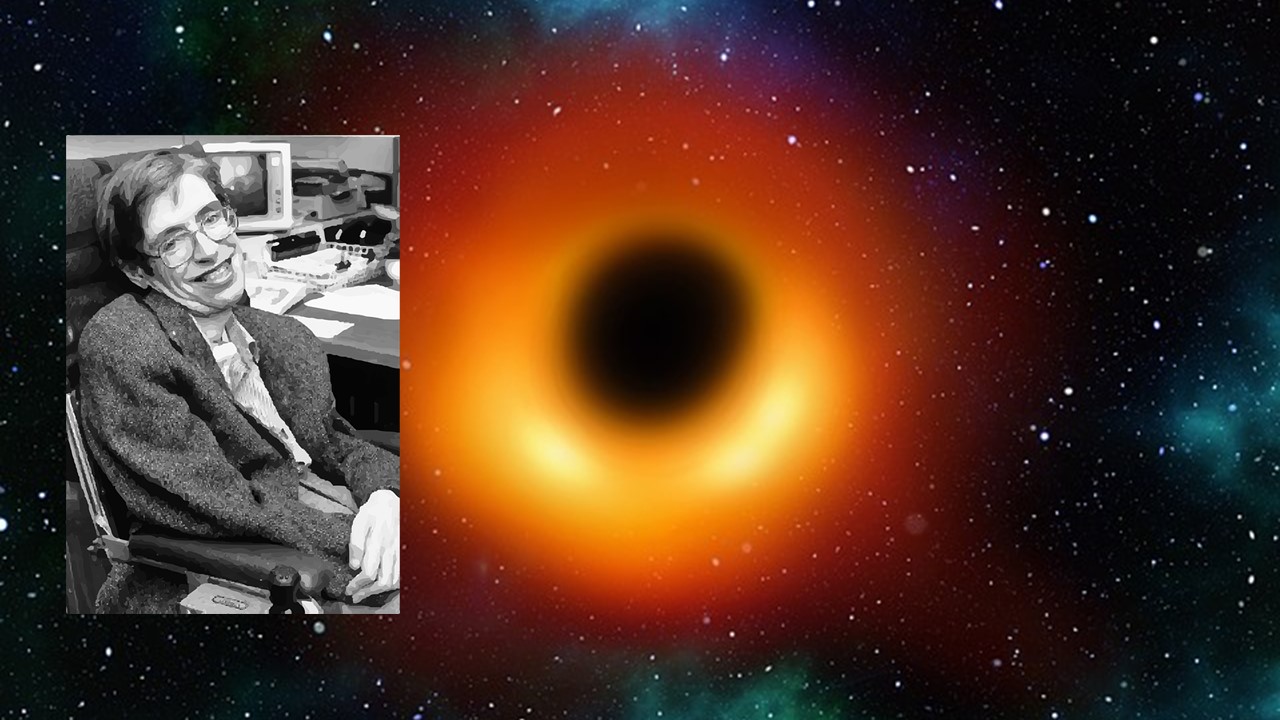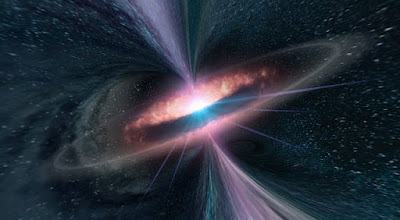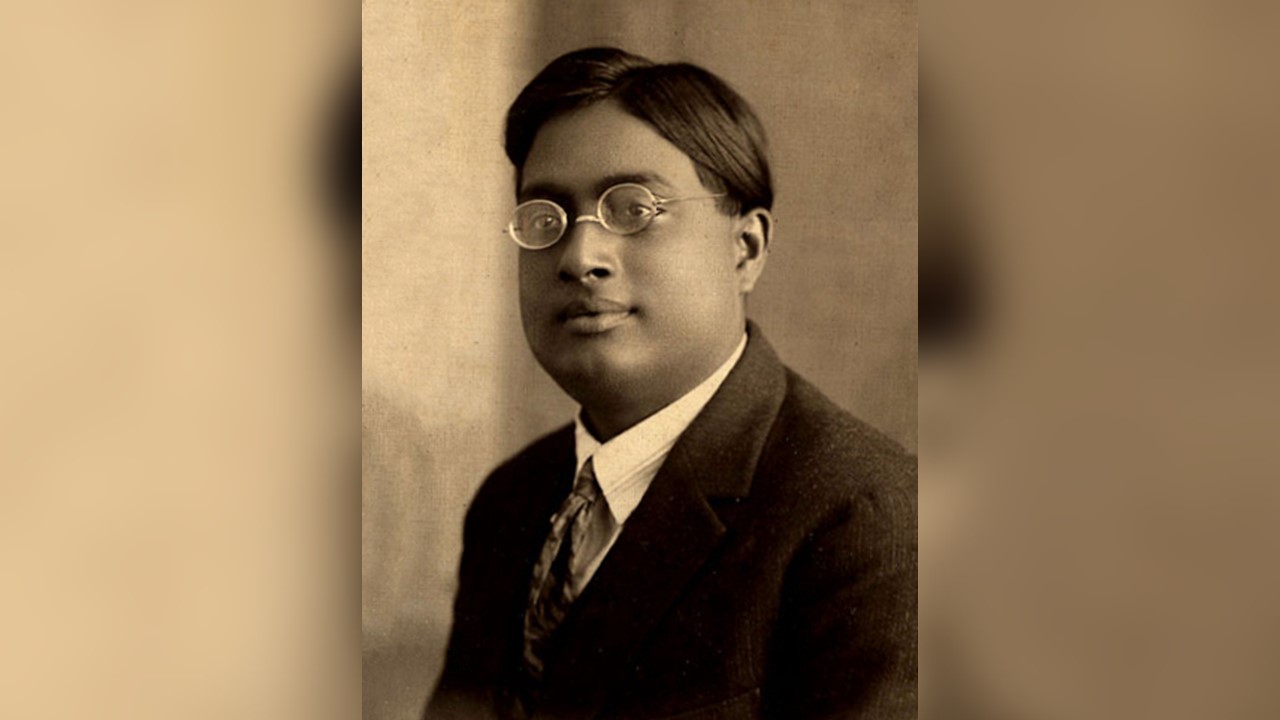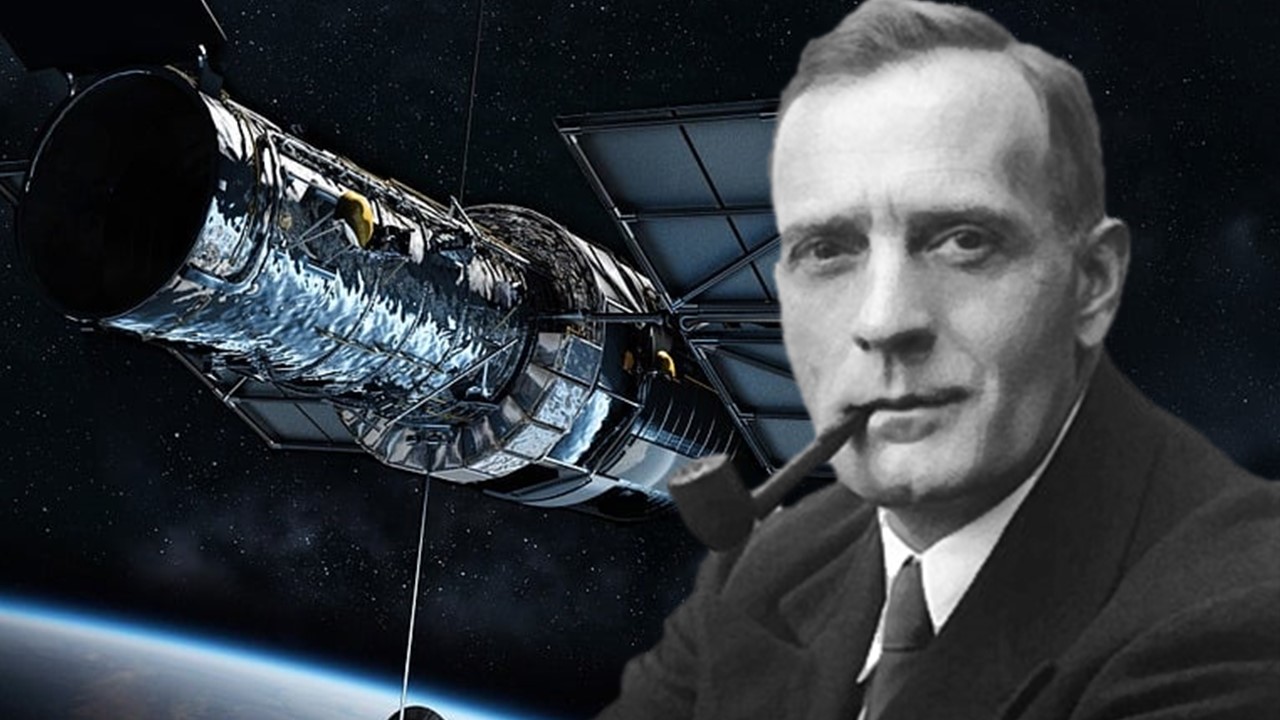
Does light have mass?
Has general relativity been tested?







Satyendra Nath Bose was an Indian physicist who is best known for his contributions to statistical mechanics. Together with Albert Einstein, Bose is famous for the theory of Bosons and Bose Einstein condensate.
Following are 10 unbelievable facts about S.N. Bose which you may not know:
1. Bose was well versed in several languages including English, Bengali, Hindi, French, German and Sanskrit. He is remembered by his colleagues as a polyglot.
2. Since Bose had not done a doctorate, Einstein’s recommendation helped him become a professor. He served as a professor in Dhaka and then in Calcutta until 1956.
3. Seven Nobel Prizes have been awarded for research related to the concepts of the Bosons and the Bose-Einstein Condensate but Bose himself never won the most coveted prize.

4. Bose was good friends with several famous physicists including Indian physicist Meghnad Saha, English physicist Paul Dirac and Swiss mathematician Marcel Grossmann.
5. It was said that when Niels Bohr got stuck with a problem during his lecture in Calcutta, S.N. Bose instantly resolved it.
6. In 1919, Bose and Saha translated Einstein's book on the theory of relativity which was in German and published it in English. It was the first English translation of Einstein's groundbreaking work of 1915.
7. Paul Dirac coined the term Boson in the honor of S.N. Bose.
8. Bose wrote a letter to Einstein about a collaboration. Einstein immediately recognized Bose's genius and extended Bose's idea to the atoms that led to the existence of Bose Einstein condensate - the fifth state of matter.
9. Satyendra Nath Bose was devastated by the division of Bengal on the basis of religion in 1905. He was also depressed by the division of India and Pakistan and felt it to be a wound in the heart of his beloved nation.
10. Bose was also gifted when it came to music. He played an Indian stringed instrument called Esraj which sounded like a violin.



